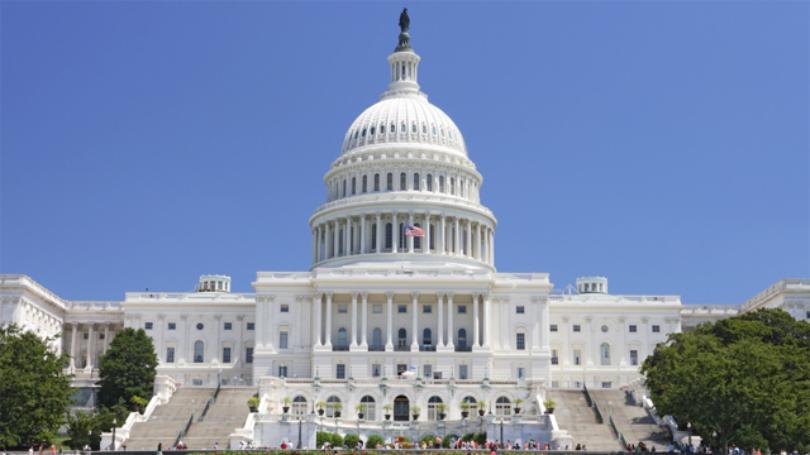The dismantling of Obama-era laws and regulations, broader deregulation, and economic and political nationalism were and remain themes of the 2016 U.S. Election and presidential transition period. Donald Trump and members of the incoming Republican-controlled Congress have singled out for repeal or significant modification the Affordable Care Act (aka “Obamacare”) and the Dodd-Frank Wall Street Reform and Consumer Protection Act, along with trade, immigration, foreign affairs, and environmental laws, regulations, and policies. If taken, these actions will not only effect legal changes in specific areas, they will create legal and policy voids that may be filled by U.S. states and localities, foreign governments and multilateral and non-governmental organizations, and the private sector. Five legal and business issues and dynamics to watch in 2017 are highlighted here.








